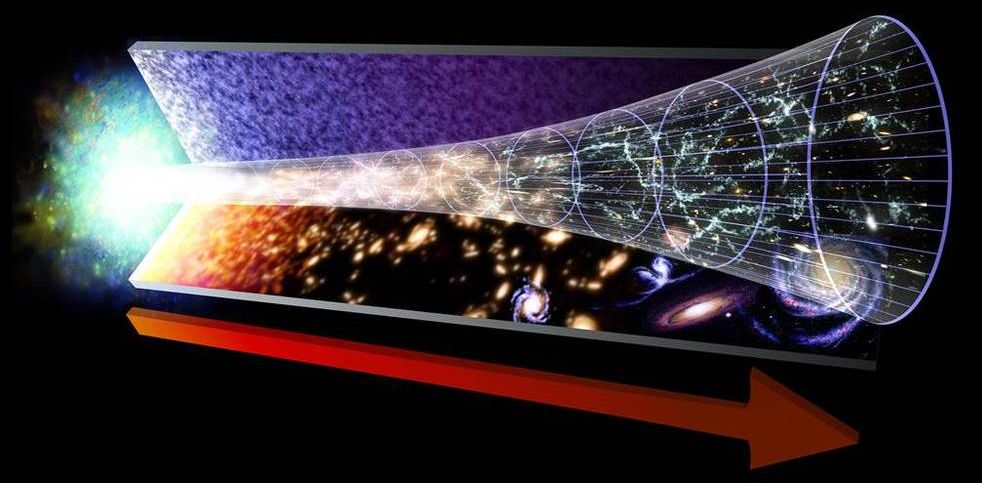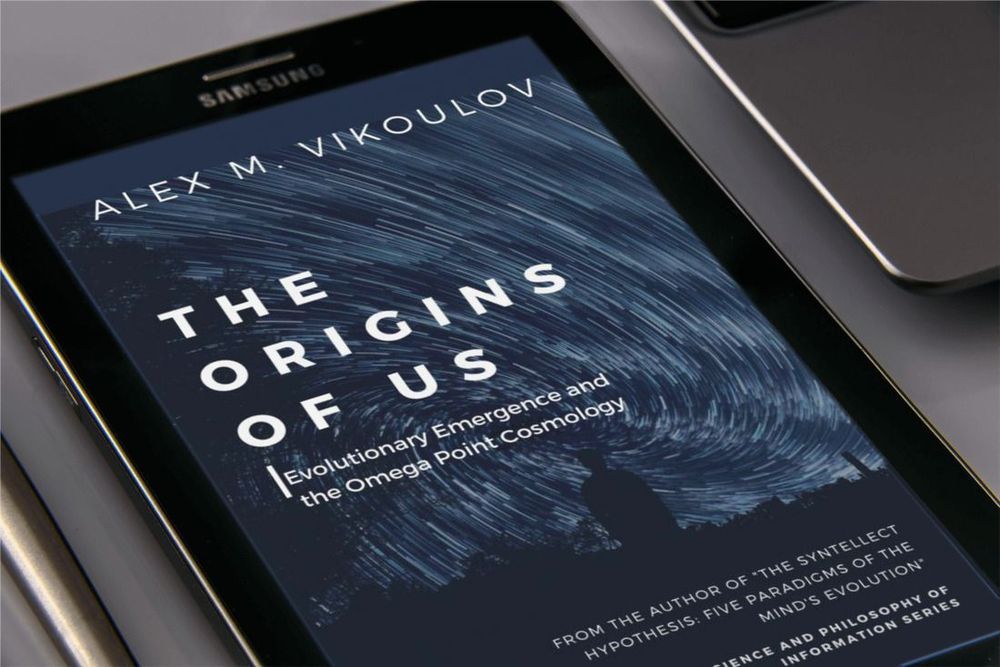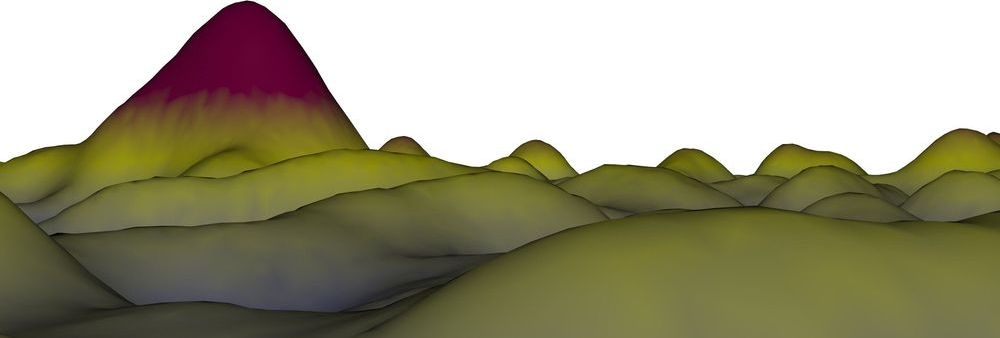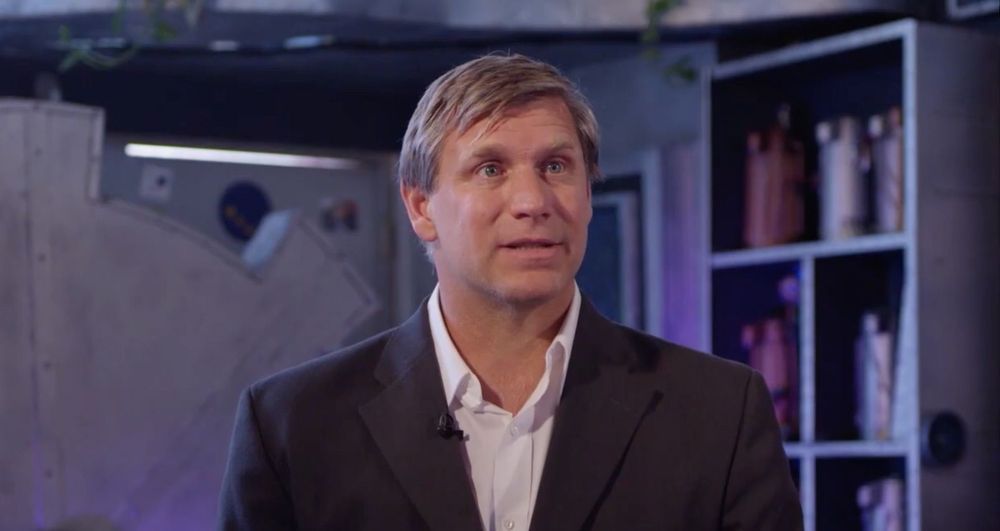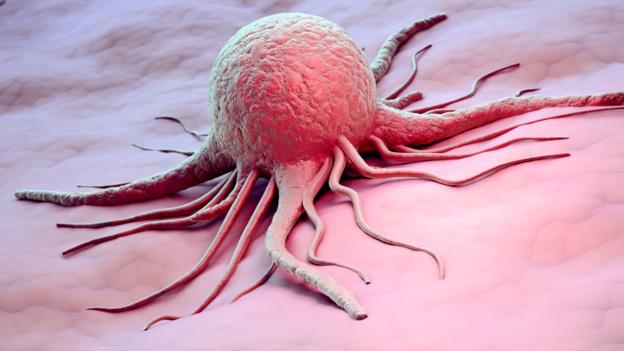A new story on my latest article from #transhumanism critic Wesley J. Smith:
Oh my. Two of contemporary society’s most prominent anti-human utopian movements — radical environmentalism and materialistic transhumanism — appear on the verge of a bitter showdown.
When you think about it, that makes sense. Both movements see themselves as the future’s only hope. But their core purposes are incompatible. Radical environmentalists — “nature rights” activists, deep ecologists, Gaia theorists, and their fellow travelers that elevate nature above humanity — hijacked and refashioned traditional environmentalism into a mystical neo-earth religion that disdains homo Sapiens as a parasitical species afflicting the earth. These radicals hope to thwart our thriving off the land in order to “save the planet.” Indeed, I sometimes believe that if they could, they would forcibly revert our species to hunter/gatherers — without the hunting part.
In contrast, transhumanism denigrates both the natural world and normal human life as irredeemably limited, and worst of all, ending in death! They yearn to possess extraordinary capacities without having to work to attain them. Rather than pursue virtue, transhumanism expects to overcome human nature through applied technology. Indeed, movement prophets predict the coming of “Singularity” — a discreet moment in time when unstoppable cascading technology will enable transhumanists to “seize control of human evolution” and reengineer themselves into an immortal “post-human species.”
The intellectual peace between these competing social movements was recently breached by Zoltan Istvan, one of transhumanism’s most creative apologists, who ran for president in 2016 on a plank of defeating death and garnered scads of earned media by touring the country in a bus fashioned to look like a coffin. In an all-out frontal assault on the hallowed presumption of contemporary environmentalism, Istvan not only writes that “nature isn’t sacred” (can you hear the gasping?), but he committed an even worse anti-environmentalist sin by arguing that “we should replace it.”
Read more
